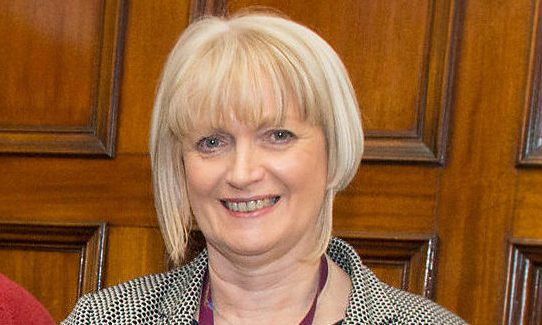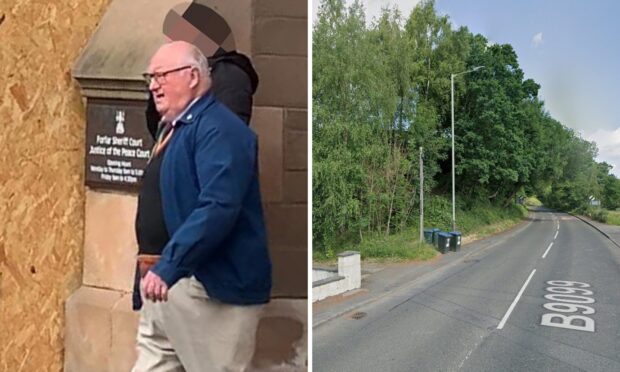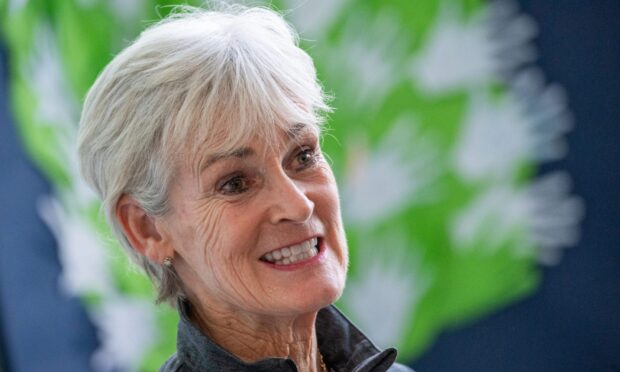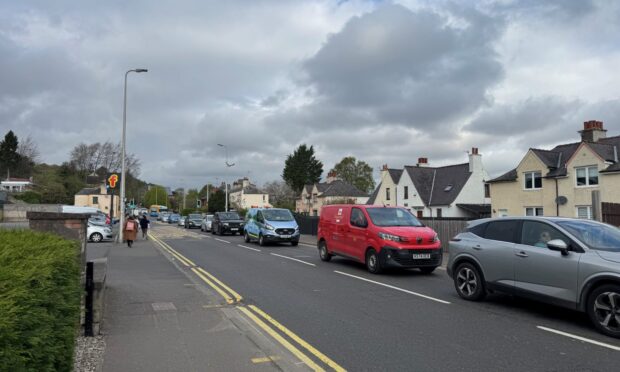The number of complaints lodged against the council’s social work department have risen by more than 50% in 12 months.
However, council chiefs claim the large increase is mainly down to more “robust recording.”
Figures released by Perth and Kinross Council show that there were 99 ‘stage one’ complaints about social work services lodged in the 2017/18 financial year, compared to 65 in 2016/17 – an increase of 52.3%.
And the statistics, which are included in a council paper on housing and adult social care complaints and customer feedback, also show that there were 522 stage one complaints about non-social work services – an increase of 0.1% from the 2016/17 financial year.
Perth and Kinross Council now record complaints about their social work department in the same way they deal with complaints about other departments following the introduction of a new complaints handling procedure for social work in April 2017.
A report, written by Barbara Renton, executive director of housing and environment with Perth and Kinross Council, provides details on the number of complaints submitted by the public.
It states: “Although the numbers of complaints recorded has increased significantly within social work services, this is likely to be as a result of more robust recording as opposed to a decrease in the quality of services.
“Training on the new process has been provided to approximately 80 staff across adult and children’s services.”
“In the reporting year (April 1, 2017 to March 31, 2018), 99 social work complaints were dealt with by frontline staff, with a smaller number – 14 – being investigated at stage two level. The largest amount of complaints related to the provision of services.
“A considerable amount of training has been carried out across the service to emphasise the importance of recording accurately our complaints activity. This would appear to be the most significant reason for an increase in the stage one complaints figures between the two years.”
Her report continues: “Within non-social work services, the number of complaints has remained almost static between reporting years – 522 stage one complaints in 2017/18 compared to 521 in 2016/17. When taking into account the numbers of service users we have, the numbers of complaints continues to be relatively low.”
Ms Renton states that the local authority “value” what people tell them about their services by way of complaints and other customer feedback.
“Complaints are an important way of service users letting us know what they think about the services we deliver,” she adds in her report.
“We use the information gathered during the complaints process to support learning as well as a basis for making specific improvements to our services, where such requirements are identified.”










